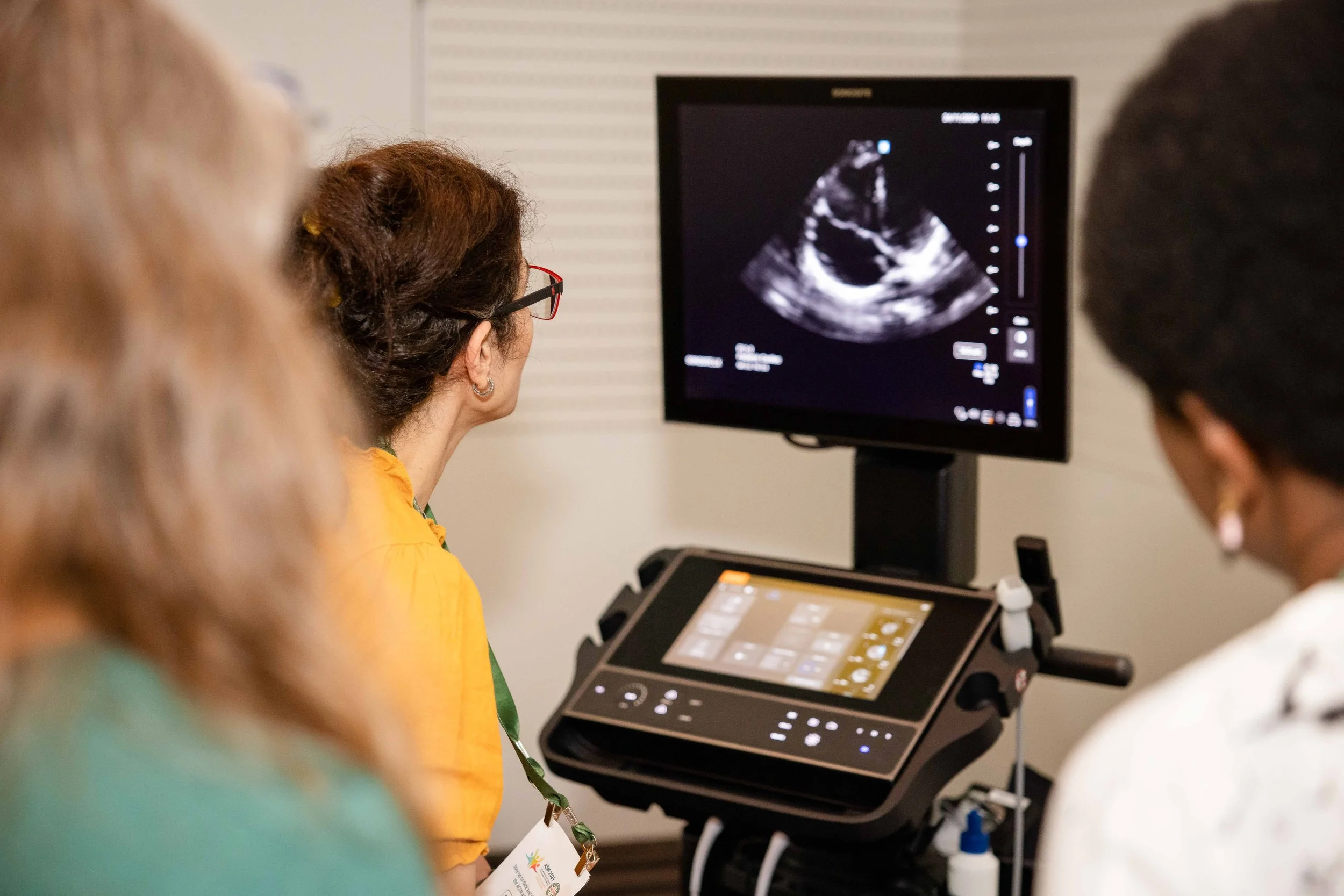Why Aotearoa New Zealand is a great place to be a FACEM Trainee
It was 2021 and COVID-19 was in full swing. Ironically, I felt claustrophobic in the vast open spaces of the Northern Territory. The constant threat of COVID-19 overwhelming our hospital and health system made me uneasy.
It fed into a spiraling melancholy that I wasn’t sure I could rescue on my own in the stultifying humidity of the Top End. Something had to give.
After having our second child in Darwin, my wife and I decided to roll the dice. We heard that Aotearoa New Zealand was urgently recruiting medical staff to plug the holes which COVID-19 had created in their hospital rosters.
Benefits for trainees in Aotearoa
Aotearoa offers numerous benefits for Trainees.
The FACEM qualification is recognised by both the Medical Council of New Zealand (NZMC) and AHPRA, allowing the transfer of training between the two nations. Directors of Emergency Medicine can quickly assess what stage you’re up to in your training, and what goals are on the horizon for you as a Trainee.
There are numerous tertiary (and smaller) centres accredited for training in NZ. There are three main locations in the North Island – Auckland, Hamilton and Wellington – and two in the South Island – Christchurch and Dunedin – for tertiary/major referral hospital placements. There are also plenty of smaller places for rural placements, offering opportunities for locum contracts.
Furthermore, at the time of writing, less than 10% of ACEM’s Trainees are based in NZ, which means there is more opportunity for Trainee-FACEM engagement, less competition for critical care placements and greater opportunity to step into Senior Registrar roles. It can also lead to greater engagement and interest from mentors, as well as more time spent in the resus bay.
“Most hospitals understand that trainees want part-time work for various reasons at different intervals throughout their training.”
Senior Registrars can enjoy perks, including being rostered non-clinical shifts on a weekly basis (just like your Consultant colleagues). One hospital, on its own accord, made it possible to remove Senior Registrars altogether from the night roster – no more nights!
Some hospitals offer reimbursement benefits in Aotearoa, too. NZMC fees, ACEM annual membership fees and ACEM examination fees are fully reimbursed, including any associated travel and accommodation costs for the latter, while some campuses will reimburse exam prep courses too.
Aotearoa also supports good access to part-time rotations. Most hospitals understand that trainees want part-time work for various reasons at different intervals throughout their training. Most ED’s readily provide part-time contracts to ED trainees, in a bid to retain them in New Zealand.
Bureaucratic delays
I had an immediate job interview over the phone with a Kiwi FACEM, and a signed contract to work in a tertiary ED a week later. Hard part done, right?
Instead, the next six months saw multiple bureaucratic, financial and logistical obstacles test our resolve – and ability – to forge new careers and lives in a foreign country.
Finally, it was finished, and we had sold our home, and packed up our two children and our lives.
“The moral of this story: don’t try to start a new life in another country during an unpredictable pandemic. ”
Then, the day before we were scheduled to fly to Aotearoa, the New Zealand Government closed the borders after five months of permitting trans-Tasman travel. We were gutted. We had no jobs or accommodation left in Australia.
What followed was an unplanned and unbudgeted family ‘holiday’ crisscrossing Australia, trying to avoid lockdowns for the next four months, waiting for New Zealand to open again.
With savings running low and after several failures to land a spot in MIQ, we netted a coveted quarantine allocation in Auckland.
Fourteen days straight with two kids in a hotel room was memorable.
After earning our freedom, the NZ Medical Council dragged their feet in granting our medical registration before we could start work.
The moral of this story: don’t try to start a new life in another country during an unpredictable pandemic.
The cons
A reduction in salary is anticipated when moving to New Zealand as a Trainee, in the region of 10-20% – depending on your stage of training and years of seniority.
Dr Thomas van Dantzig, pictured, appreciates the lifestyle and outdoor activities he gets to access in Aotearoa New Zealand.
This shortfall can be made up by doing additional shifts at enhanced rates, when gaps in the roster appear, or by doing locum shifts at a nearby peripheral ED, if financial parity is important to you.
There are also lower starting salaries for Fellows compared to Australia.
It was all worth it
After 18 months of living and working in Aotearoa I am happy to report the arduous beginning was worth it.
The benefits of training in NZ for ACEM Trainees are multiple and synergistic. The lifestyle is great, with easy access to the outdoors, while winter and summer sports abound and are too many to list. There is excellent infrastructure, maintained by the Department of Conservation. And free aeromedical rescue if you get into strife!
If you can accept a reduction in salary and muster some patience for the inevitable bureaucratic delays, Aotearoa presents tremendous upside potential for the intrepid ACEM Trainee.







